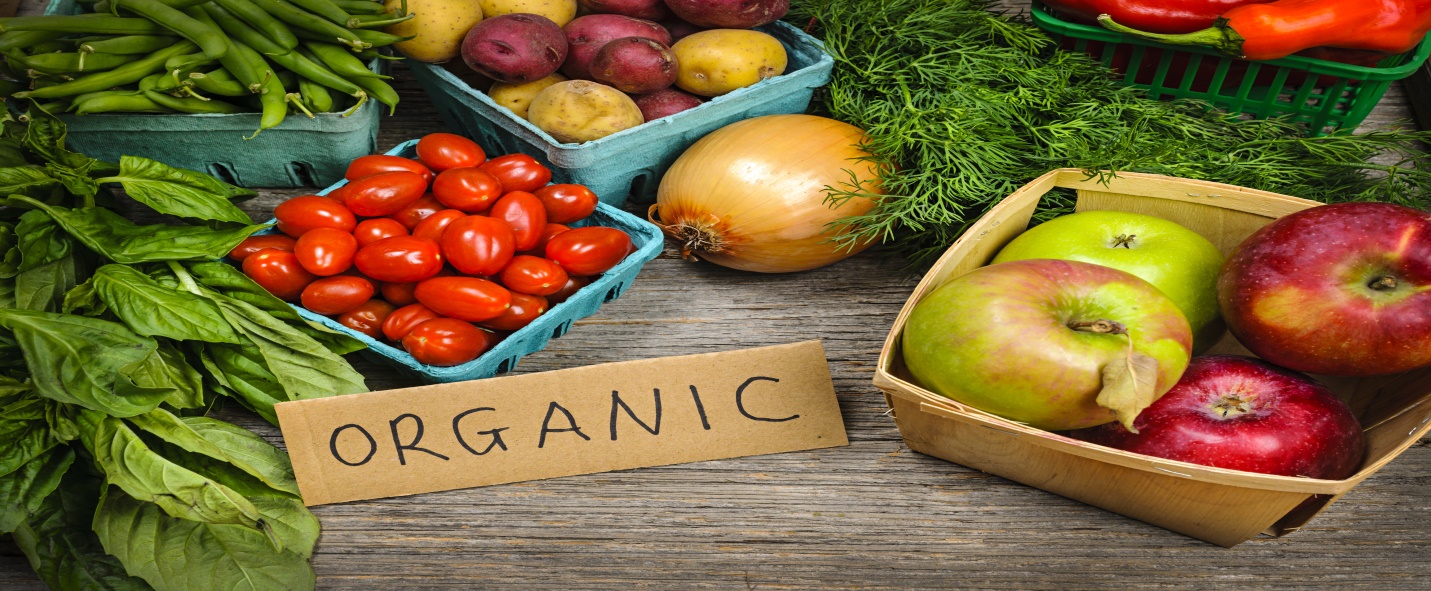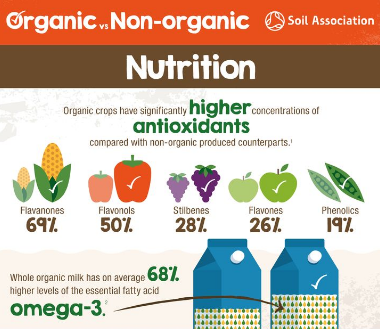Walking down the grocery store aisle, you will find yourself torn between the many brands choices you have to make, especially when it comes to food. Picking up the right brand which packs taste and health in the same box can be quite an ordeal; even more so now, when organic food has become a regular feature at most supermarkets. People have started to ponder whether organic food really is better than regular food items or is it just an exaggerated luxury for only a small group of health hysterical population.
To clear the air, organic food is not natural food. There are certain standards that food companies must observe while growing, processing, and packing the food item prior to label it ‘organic’. The responsibility of regulating these standards and ensuring that food companies comply with them lies upon the trusted U.S Department of Agriculture (USDA) itself.
For the most part, organic food differs from regular food in the way it is grown using organic farming. Let’s take a look at how it is better than regular food:
Lesser Chances of Getting Pesticide Residue
If an eatable qualifies as organic, it must be made of organic crops which are grown pure from contamination of:
The aforementioned have a tendency to accumulate in the bodies of the organisms they are consumed by and get carried on along the food chain. This can prove to be detrimental as the residue becomes more concentrated. Unlike regular food, organic food fixes that precisely keeping the food chain running.
Dairy products used in the manufacture of organic food would have been obtained from animals raised on organic feed and kept miles away from growth hormones and antibiotics. That’s sure a step towards forming a healthier food chain.
Worth the Buck Nutrition and Freshness
Although researchers are still looking for nutritional differences in organic and regular food of greater significance, you cannot turn a blind eye to the higher levels of Vitamin C, certain minerals, and antioxidants reserved in organic food.
Antioxidants are magic molecules rarely found in regular food which fight off cancer and cardiovascular diseases. Also, they keep you from aging too soon. Better spend on organic food as your anti aging regimen than on beauty products!
Freshness is a guaranteed trait of organic food. Because organic farms are small in size and sell products closer to the harvest, organic food naturally tends to taste and smell fresher than regular food.
Environment Friendly Production
In whatever we do, it is crucial to test our actions for sustainability and environmental impacts. As opposed to regular farming, organic farming takes a proactive approach to environmental problems, preventing their occurrence in the first place. Organic food are produced and processed in conditions that:
- Improve soil formation and fertility
- Do not kill the persisting flora and fauna of the land
- Do not pollute and populate the waters nearby with suffocating algae
- Releases no toxic fumes in the air
The environment friendliness of organic food is probably its best trait. That settles the debate on whether organic food is a better choice than regular or not. Many Arabic falafel restaurants have adopted organic food as a permanent choice, and we hope many more follow suit in the future.
If nothing else compels you to make the shift to organic food, maybe thinking of your own stomach and the artificial grub you fill in all the time would.
Image source: www.soilassociation.org
(Photo credits : Shutterstock)
Rachel Stinson
Dubai






